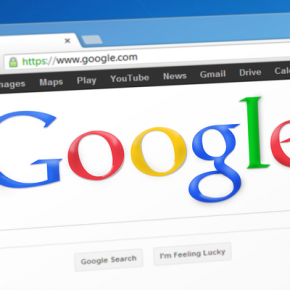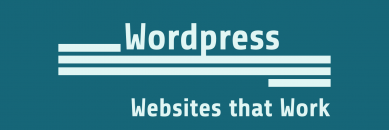
In a nutshell if you do not use an SSL certificate and rely on search engines for clients to find you without paying for adverts then your site will suffer.
Google – “Over the past few months we’ve been running tests taking into account whether sites use secure, encrypted connections as a signal in our search ranking algorithms. We’ve seen positive results, so we’re starting to use HTTPS as a ranking signal.”
Recently Google announced that websites with a SSL certificate would be promoted in rankings higher than those without. Those of us with straight forward HTTP sites will thus be deranked and appear below HTTPS websites in “organic rankings”.
In a nutshell if you do not use an SSL certificate and rely on search engines for clients to find you without paying for adverts then your site will suffer.
Google – “Over the past few months we’ve been running tests taking into account whether sites use secure, encrypted connections as a signal in our search ranking algorithms. We’ve seen positive results, so we’re starting to use HTTPS as a ranking signal.”
HTTPS websites allow secure connections between the webserver and the browser. So any personal information passed between the two is private and encrypted. Any site for banking or online purchases ought to be HTTPS and display a green padlock next to the web address in the browser. Functionality wise it means that if you enter credit card information or personal data it is protected. Also if you login to any site as a “guest” then your login details are also secure.
There are a huge number of websites out there which are effectively “online brochures” for businesses and have no user logins or online purchases. Owners of these sites will have to make a decision whether to buy an SSL certificate and implement it.
Save
Save

Then there is the new version of Chrome! At the end of January 2017 Google are releasing their latest version of Chrome which is their own browser. This latest version will highlight non secure webpages with login or credit card field to users with a message in the location bar saying “Not Secure”. This may surprise, shock and confuse your clients.
Further developments of Chrome will label ALL Non Secure Pages when in “incognito” mode as user in this mode will expect a greater level of privacy and security.
Over 36% of web users use Google Chrome
Save
Save
| Cookie | Duration | Description |
|---|---|---|
| cookielawinfo-checbox-analytics | 11 months | This cookie is set by GDPR Cookie Consent plugin. The cookie is used to store the user consent for the cookies in the category "Analytics". |
| cookielawinfo-checbox-functional | 11 months | The cookie is set by GDPR cookie consent to record the user consent for the cookies in the category "Functional". |
| cookielawinfo-checbox-others | 11 months | This cookie is set by GDPR Cookie Consent plugin. The cookie is used to store the user consent for the cookies in the category "Other. |
| cookielawinfo-checkbox-necessary | 11 months | This cookie is set by GDPR Cookie Consent plugin. The cookies is used to store the user consent for the cookies in the category "Necessary". |
| cookielawinfo-checkbox-performance | 11 months | This cookie is set by GDPR Cookie Consent plugin. The cookie is used to store the user consent for the cookies in the category "Performance". |
| viewed_cookie_policy | 11 months | The cookie is set by the GDPR Cookie Consent plugin and is used to store whether or not user has consented to the use of cookies. It does not store any personal data. |
